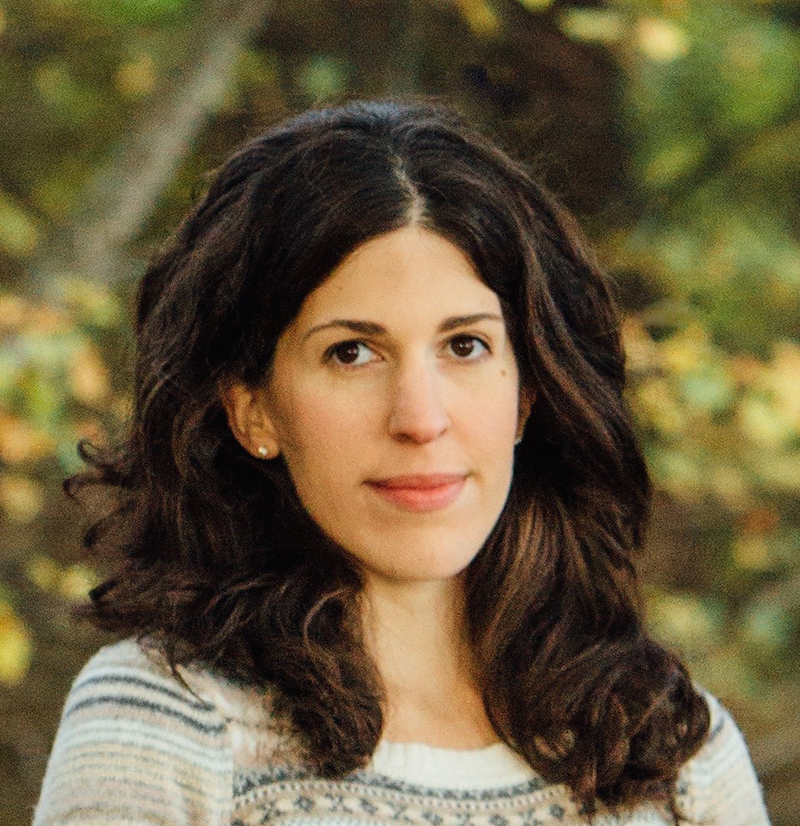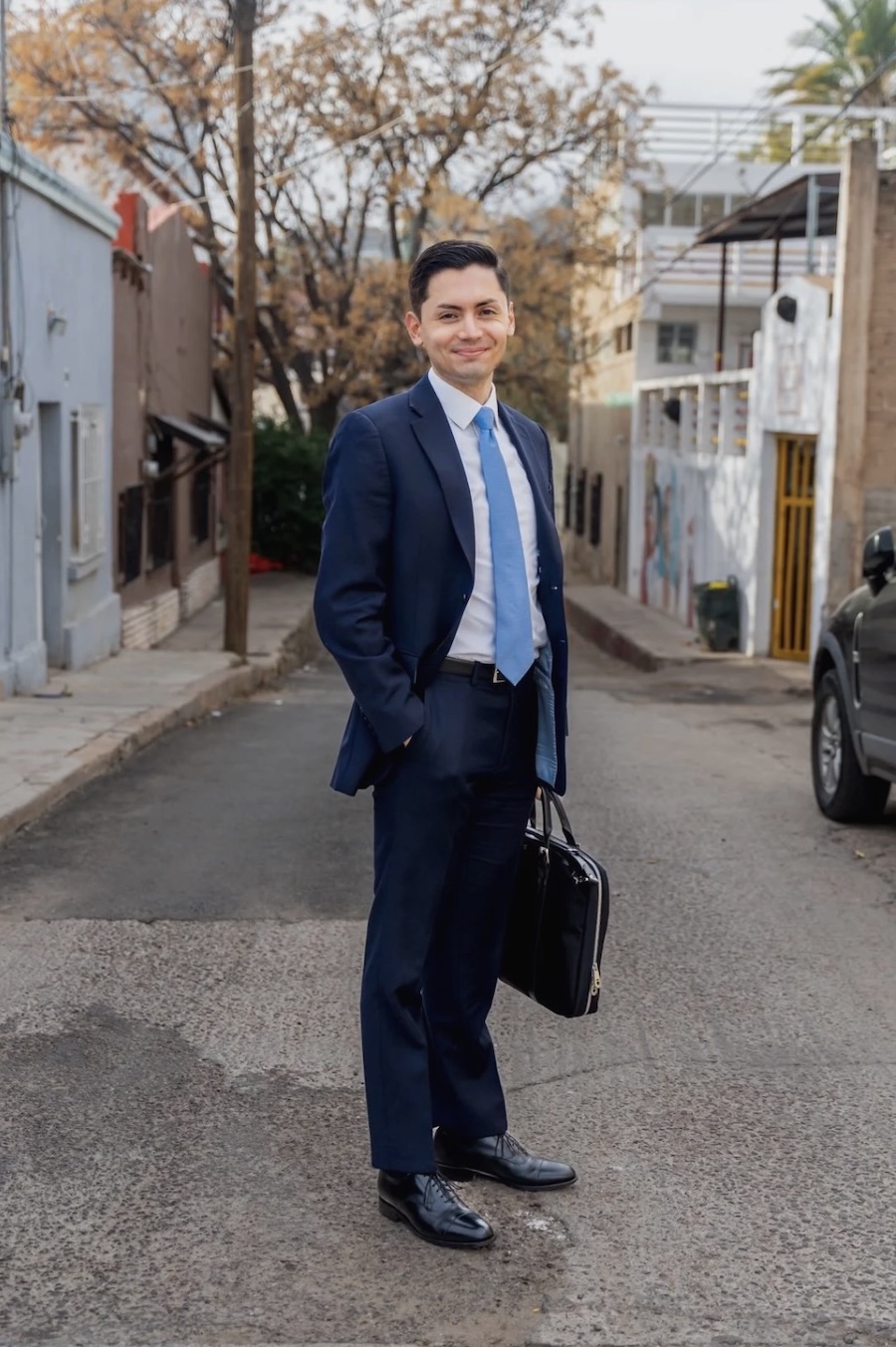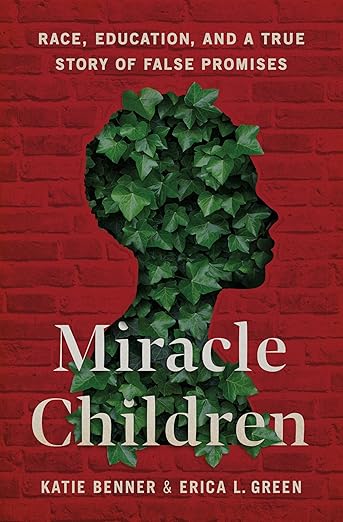Margaret Boyle on Tracing Hispanic Health Disparities Back to Spanish Inquisition
By Bowdoin NewsMany of the significant health disparities and inequities faced by Hispanic communities in the US are tied to what Margaret Boyle calls a long history of health injustice in the Hispanic world.

In an article for The Conversation, Boyle, associate professor of Romance languages and literatures and director of Bowdoin’s Latin American, Caribbean, and Latinx Studies Program, writes of the health landscape of early modern Hispanic societies, particularly from the late fifteenth to eighteenth centuries, and how the convergence of Indigenous, African, and European practices in Spain and the Americas affected how clinicians treated their patients.
“This all played out against the backdrop of the Inquisition and colonization, when the Catholic Church prosecuted heresy,” writes Boyle in the piece. “Consolidating religious norms promoted health care through charitable activity, such as the creation of hospitals, but also created challenges between the authority of the Catholic Church and competing health care initiatives.”
The article was picked up by media outlets across the country and the world, including the Houston Chronicle, Seattle Post-Intelligencer, and Yahoo News (including Yahoo News UK and Yahoo News Australia).
Boyle’s research focuses on how health and medical practices in early modern Latin America and Spain are represented through cultural artifacts, including literature, recipe books, the Inquisition, and convent records.
In her book, Health and Healing in the Early Modern Iberian World: A Gendered Perspective (University of Toronto Press, 2021), Boyle and colleague Sarah Owens explored how gender norms affected medicine and health care and how popular representations of health and medicine in culture inform widely held beliefs and biases about these experiences.



